With intelligent HVAC solutions you can save a lot of money thanks to reduced consumption and the environment thanks you too
We are constantly searching an optimal balance between comfort and energy saving in our homes and in our work environments to improve our well-being and reduce our ecological footprint. Achieving a balance between comfort and energy efficiency is crucial today, as sustainability and resource conservation are critical. HVAC (Heating, Ventilation, and Air Conditioning) solutions play a fundamental role in this task.
HVAC systems regulate temperature, humidity and air quality, ensuring a comfortable internal environment. These solutions help reduce energy consumption and reduce utility bills using advanced technologies and energy efficiency practices. They allow precise control over heating and cooling, optimizing energy use based on occupancy and external conditions. Let’s see how HVAC systems help optimize comfort and energy savings.
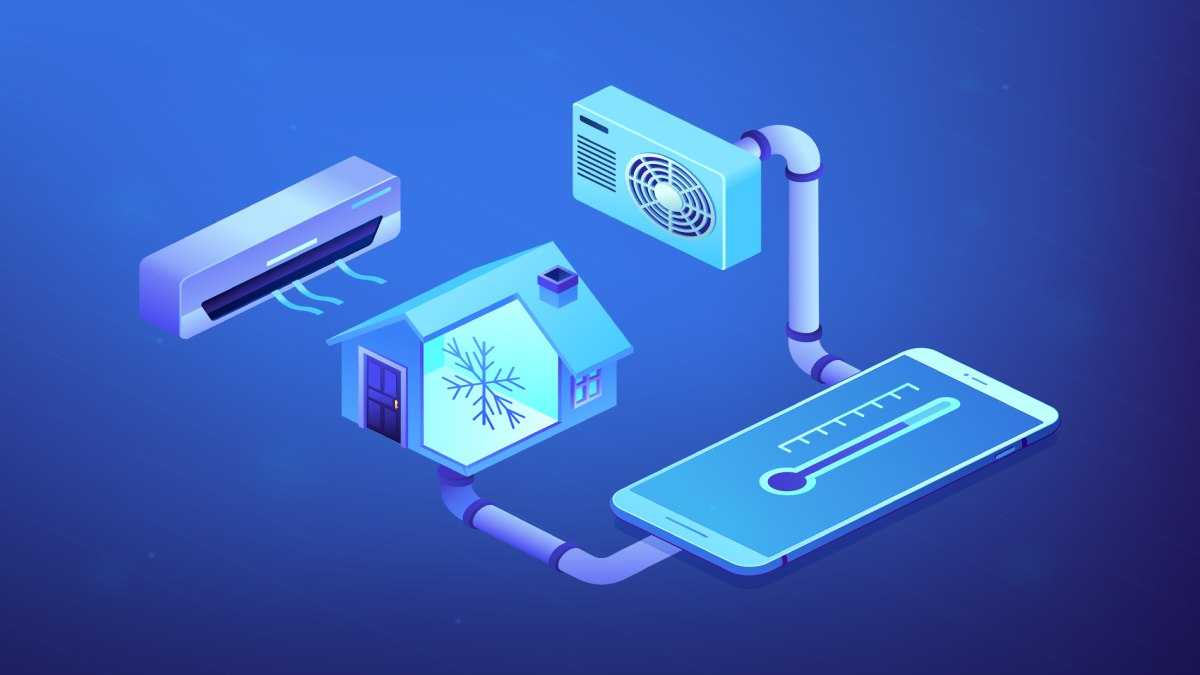
HVAC systems
HVAC is an English acronym composed of Heating (heating), Ventilation (ventilation)), and Air Conditioning (air conditioning). Refers to a system or technology used to control the internal environment of buildingsvehicles, or other enclosed spaces to provide comfort and maintain air quality.
Here is an overview of each component of an HVAC system:
- The heating component increases the temperature in indoor spaces during colder periods. Various methods can be used, such as furnaces, boilers, heat pumps or electric heaters.
- Ventilation removes indoor air and replaces it with fresh air from outside to maintain air quality. It helps remove pollutants, odors, and excess moisture, all while replenishing oxygen. Ventilation systems may include natural ventilation (open windows), mechanical ventilation (fans), or more complex systems with heat recovery.
- The air conditioning refers to the cooling and drying of the air during hot, humid weather conditions. This is typically done using refrigeration cycles, where heat is removed from the indoor air and transferred outside, leading to a cooler indoor environment.
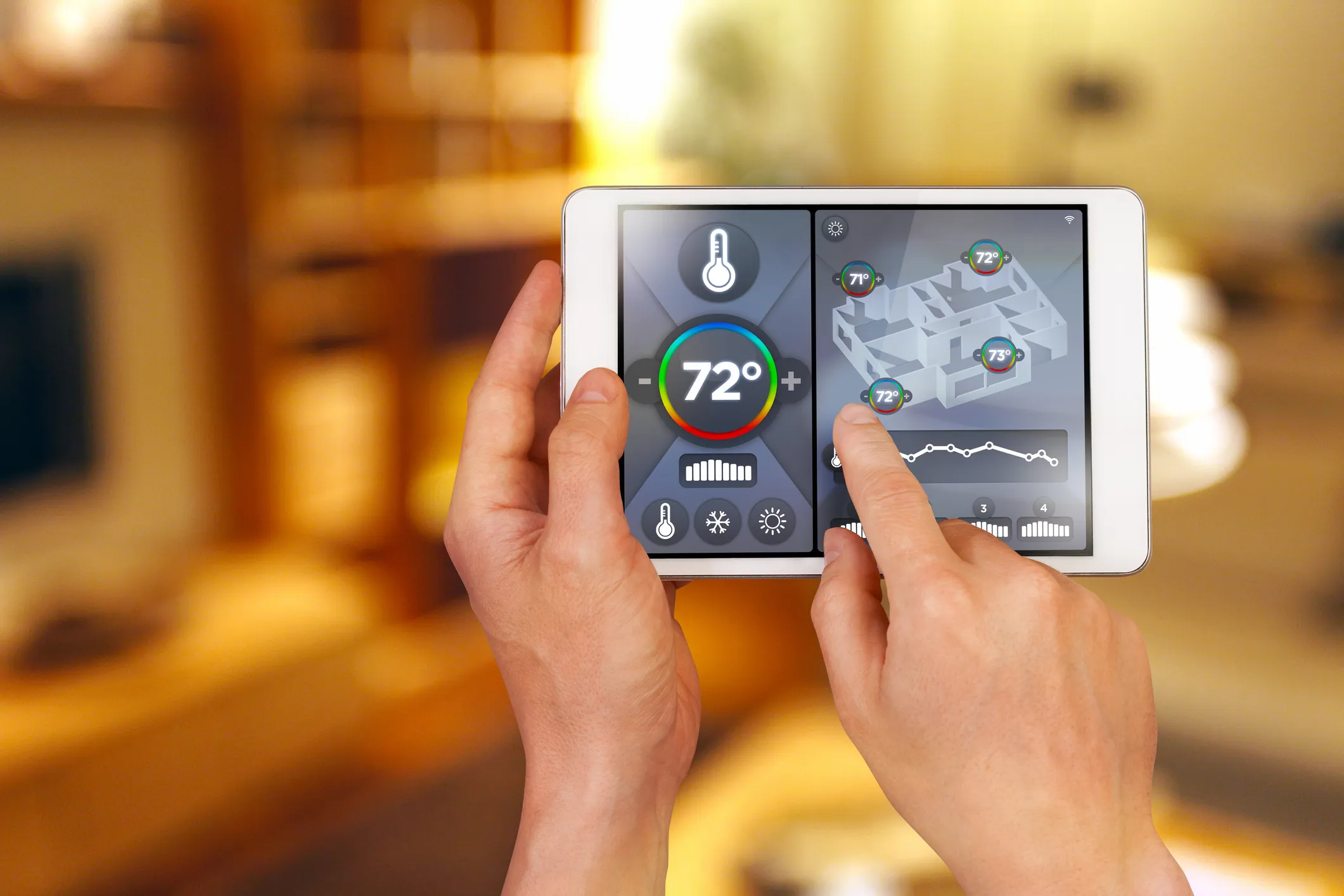
How do HVAC systems help optimize comfort and energy savings?
These systems offer many benefits that contribute to a comfortable indoor environment by effectively managing energy consumption. Here are some other ways HVAC systems help achieve these goals:
- Temperature control: HVAC systems offer heating and cooling capabilities, allowing the user to maintain a comfortable temperature throughout the year. By adjusting the thermostat settings, occupants can adjust the interior temperature to their preferences. This function ensures a pleasant environment, regardless of external conditions.
- Improved indoor air quality: HVAC systems incorporate ventilation components that help circulate and filter air. They remove pollutants, allergens, and stale air, replacing it with fresh outdoor air or treated air. This process helps maintain a healthier indoor environment and reduces the risk of respiratory problems caused by poor air quality.
- Humidity regulation: HVAC systems can control humidity levels within the building. High humidity can cause discomfort and facilitate the growth of mold and bacteria, while too low humidity can lead to dry skin, breathing problems, and other problems. HVAC systems with built-in humidifiers and dehumidifiers can maintain optimal humidity levels, increasing comfort and reducing the risk of health problems.
- Energy-efficient operations: HVAC systems have advanced technologies and energy-saving features that help reduce energy consumption. These include programmable thermostats, zoned heating and cooling, variable speed motors, and energy recovery ventilation. By using these features effectively, users can optimize energy use and lower bills while maintaining a comfortable indoor environment.
- Automation and intelligent controls: Many modern HVAC systems feature automation and smart controls, allowing users to monitor and adjust settings remotely via smartphone or other devices. This allows for better management of energy use by regulating temperatures based on occupancy schedules, optimizing comfort, and minimizing energy waste.
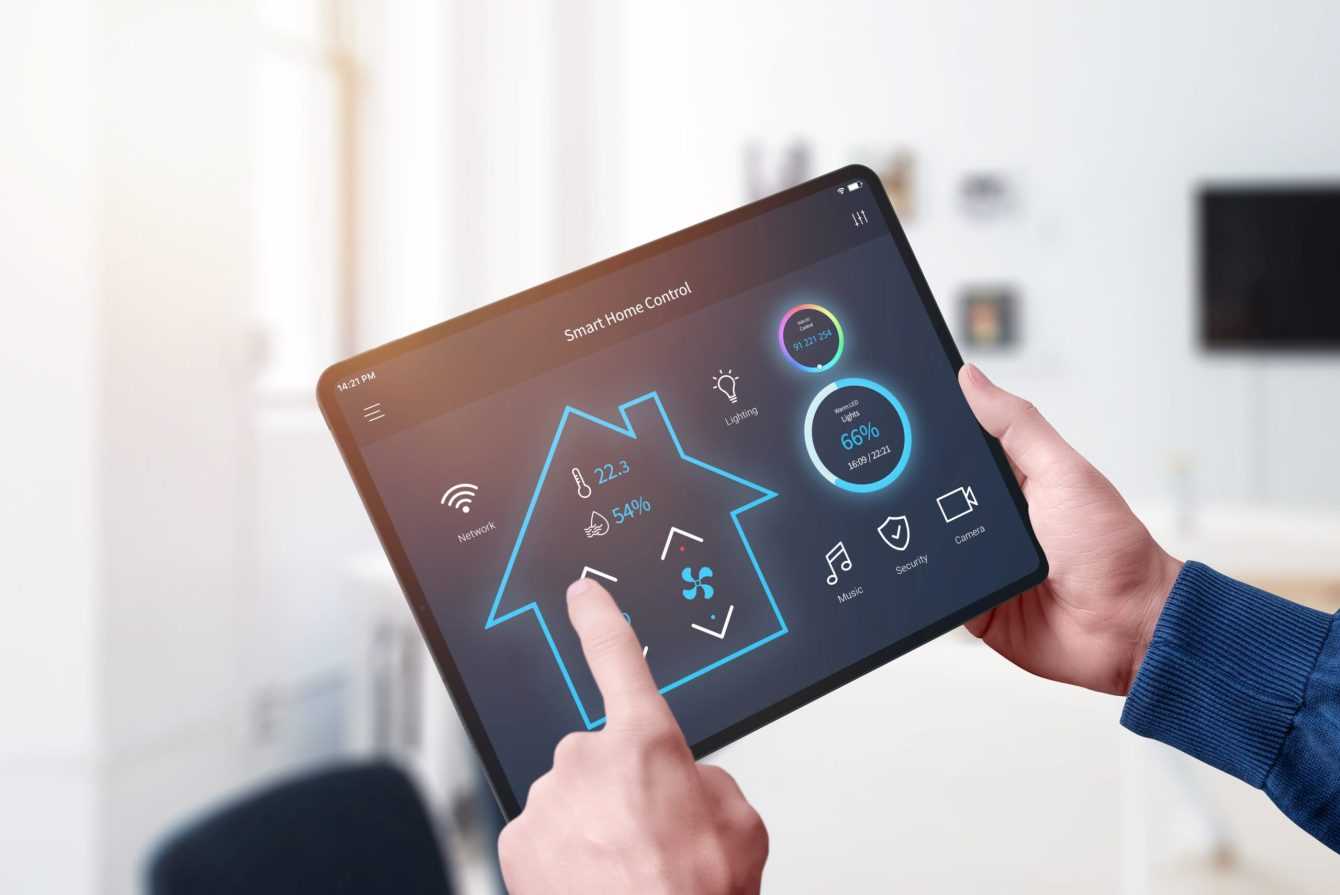
Intelligent HVAC: comfort and efficiency
Smart HVAC solutions offer a promising path towards optimizing comfort and energy saving in our homes and in our workplaces. By integrating advanced technologies, such as IoT sensors, machine learning algorithms, and intelligent automation, these systems can regulate temperature, airflow, and ventilation efficiently based on real-time data and user preferences. By committing ourselves to a more sustainable futureembracing smart HVAC solutions becomes increasingly critical in the pursuit of a greener, more efficiently built environment.






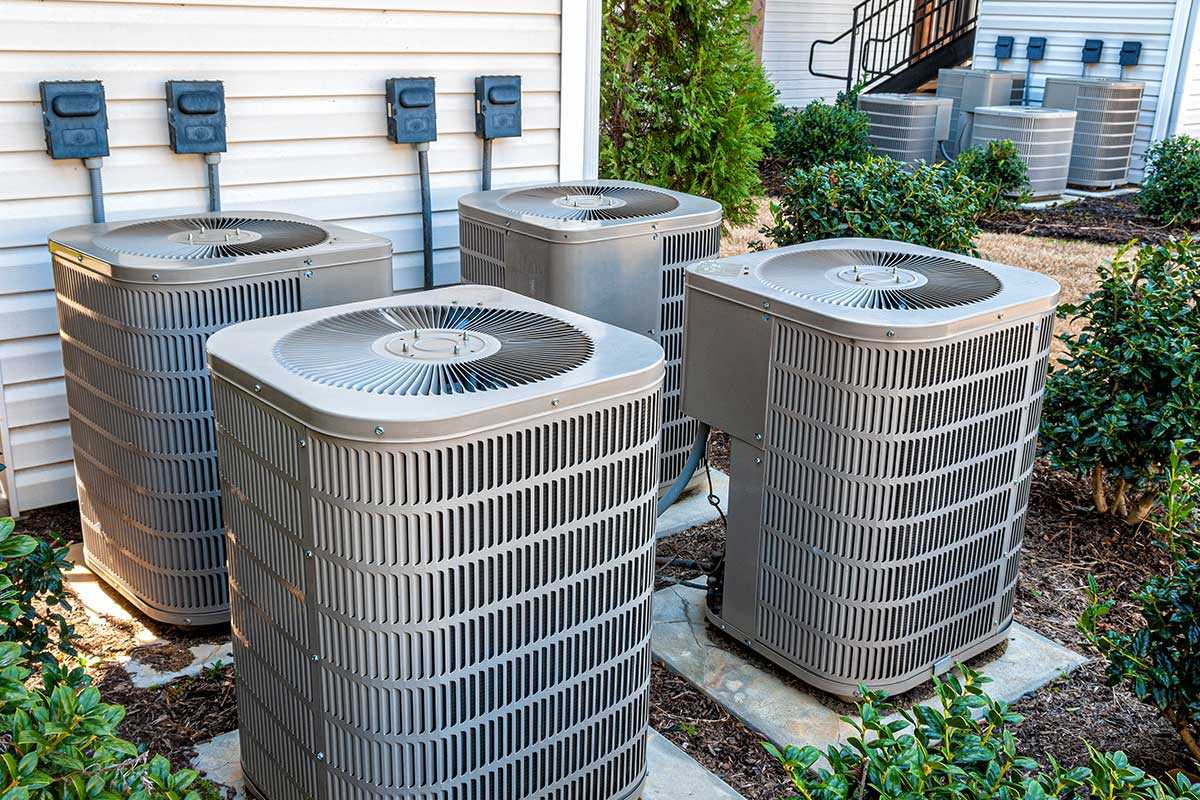





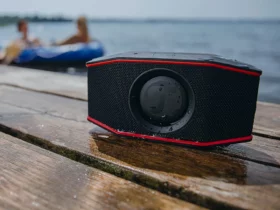
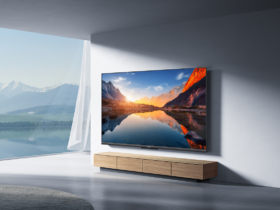
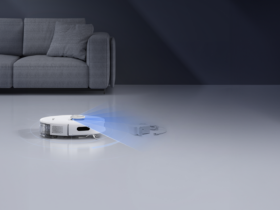
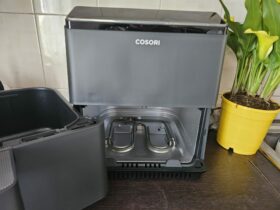
Leave a Reply
View Comments